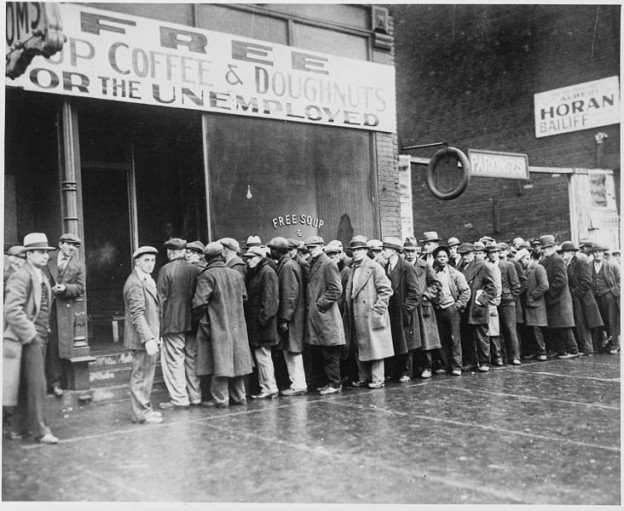In international surveys about people’s biggest concerns, income and employment often come out on top. Polls across countries also suggest that losing a job is one of the worst experiences that can happen to you. At first glance, you may think the misery associated with joblessness was a problem exclusive to richer countries. However, in developing countries, there aren’t enough jobs for the number of people who want them.
According to a firm survey data report, China had fewer people in paid employment than the U.S. in 2008—115 million compared with 137 million—despite being home to four times the population. Labour force surveys suggest Pakistan has fewer paid employees than France—18 million compared with 23 million. That’s about one paid job for every 10 people in Pakistan, compared with a ratio nearly one-to-three in France.
Nevertheless, according to statistics compiled by the International Labour Organization (ILO), developing countries, like Pakistan and India, have lower unemployment rates than the US; the latter’s latest unemployment rate is still at 7.6 per cent whereas, for example, Pakistan’s rate is at 5.2 percent, and India’s at 4.2 percent.
Although this suggests that American workers are still worse off than their counterparts worldwide, this statistic is misleading. Billions of people across the world are stuck working long hours in small-scale farming or are “self-employed” in informal microenterprises. That’s certainly true across much of the developing world; in the poorest countries, more than two-thirds of the labour force is working on the family farm or in the informal sector. Moreover, farms managed by the world’s poorest people tend to be small and inefficient—demanding a lot of labour for little output. That’s why families farming them make up the bulk of the world’s population living on less than $1.25 a day.
The majority of enterprises run by the world’s poorest people are shops and kiosks making a few sales a day—general stores, tailor shops, telephone booths, or fruit or vegetable businesses. Comparatively successful entrepreneurs, who have worked their way into the global middle class (earning between $6 and $10 a day), are mostly self-employed. But worldwide, by far the most common way out of poverty in rural and urban areas alike is getting a “good” or “well paid” job working for a company.
But is that the best option? The recent garment factory collapse in Bangladesh, where the 1,000-plus workers who died were earning about $40 a month, shows that “well paid” and “good” are relative terms when it comes to employment on the global scale. Factory workers in India’s garment industry complain of physical and verbal abuse alongside poverty pay. Meanwhile, China has approximately 60 million “dispatch workers”—temps who get few of the rights associated with full-time employment, such as overtime and severance pay alongside insurance.
When it comes down to it, having a job might be considered a blessing depending on which country you live in. At the end of the day, unemployment may actually be a luxury of wealthier nations.





